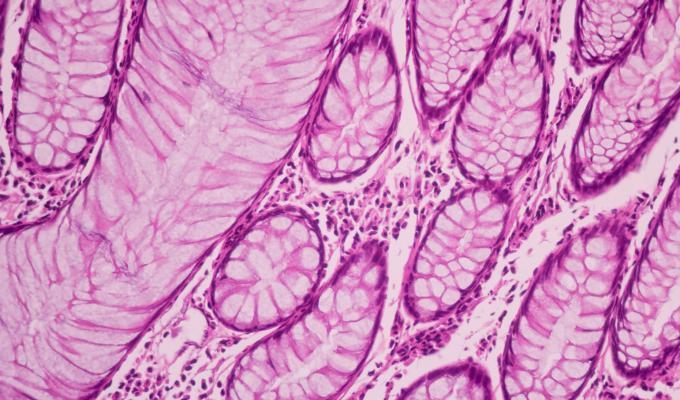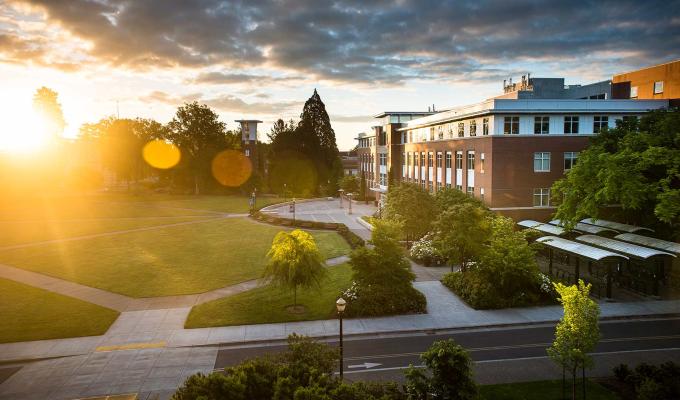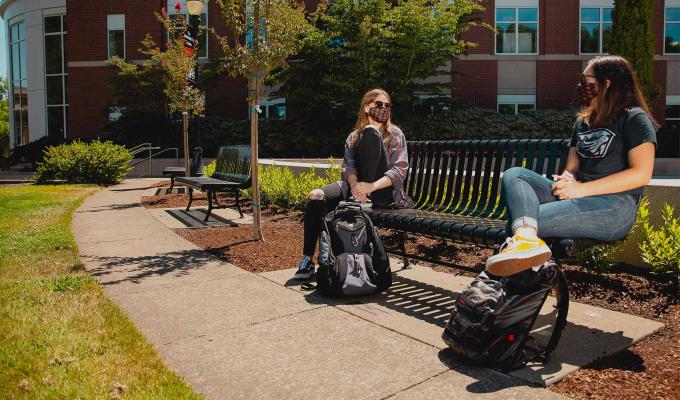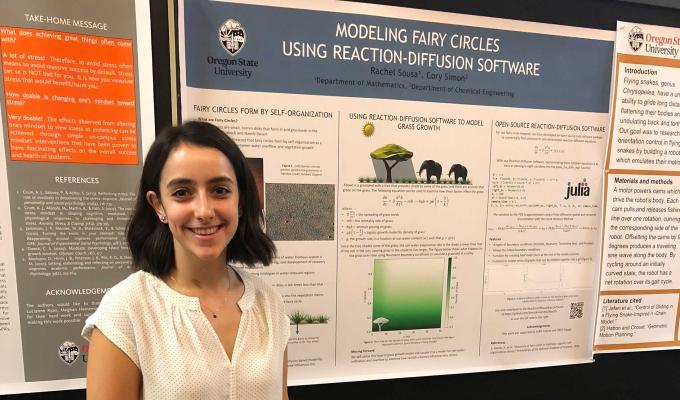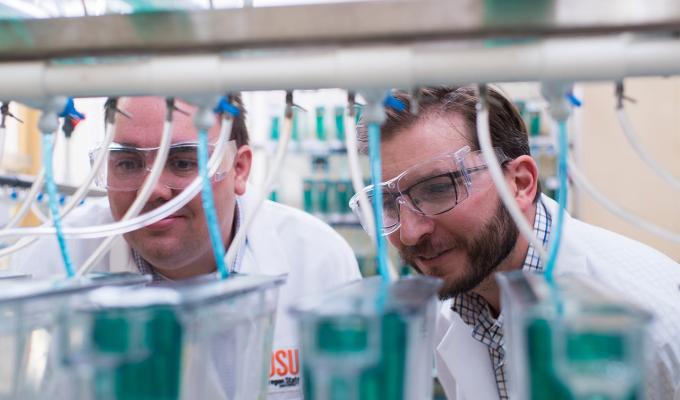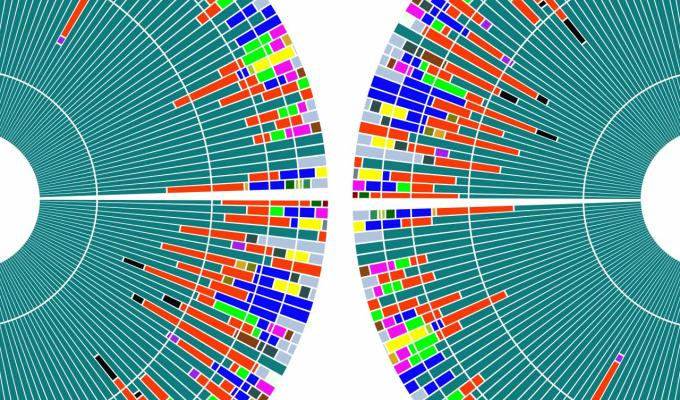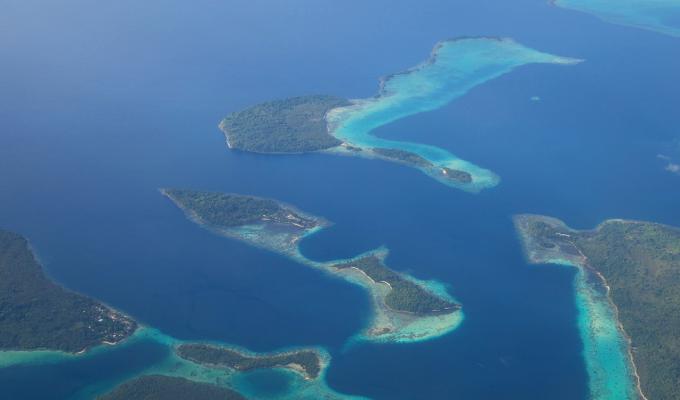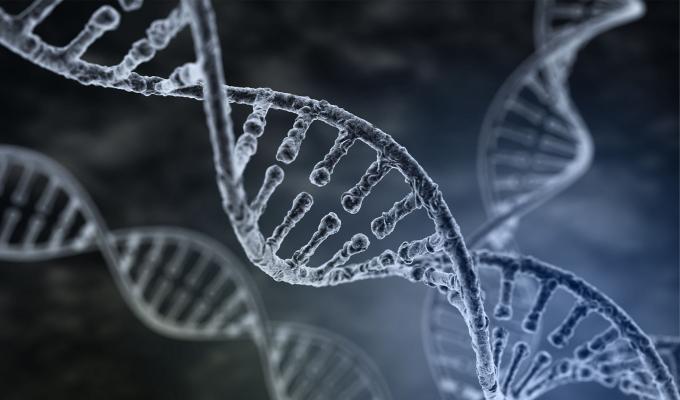
Faculty and Staff
Research grants to seed the next great idea
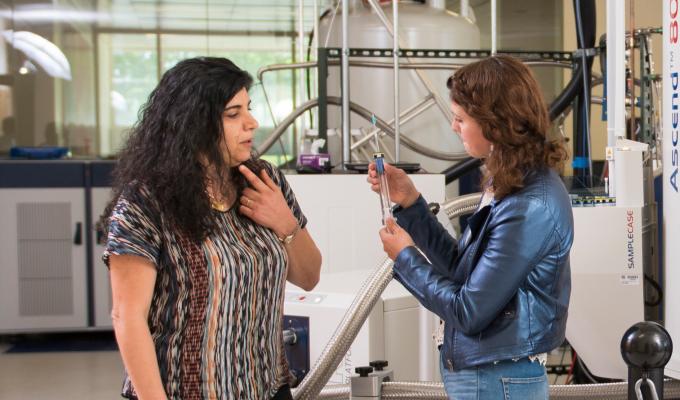
Women in Science
Women scientists at the forefront of the fight against COVID-19

Biomedical Science
Synergies unleashed to tackle human health and disease

Faculty and Staff
Recognizing research and administrative excellence
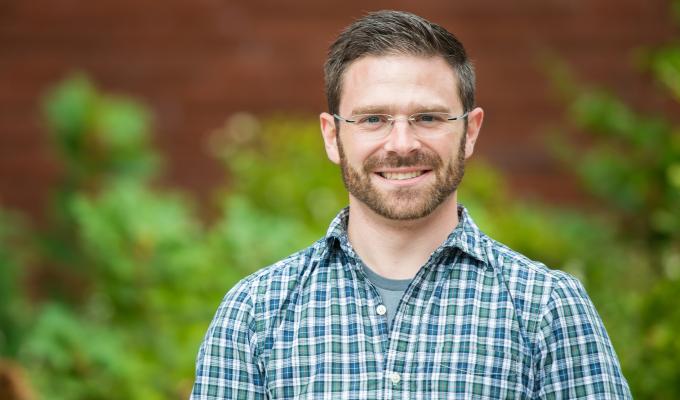
Faculty and Staff
David Koslicki awarded NIH grant
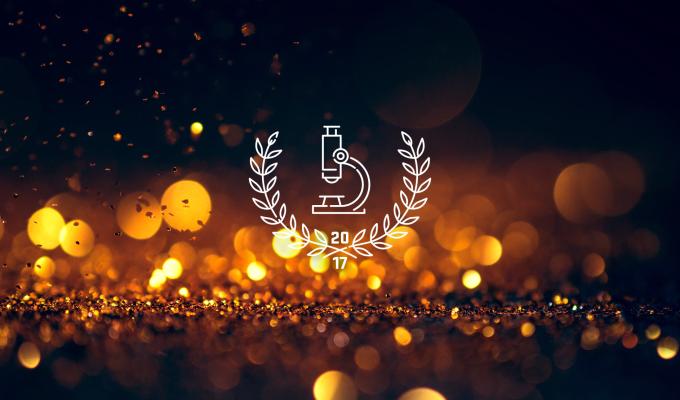
Faculty and Staff
Recognizing faculty and staff excellence
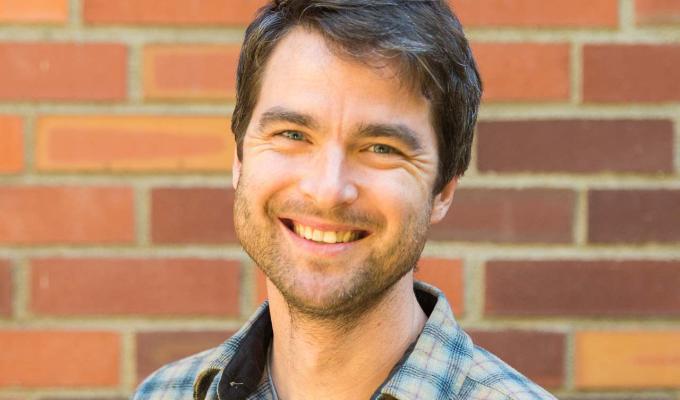
Biomedical Science
Disease "superspreading" driving force in Ebola epidemic
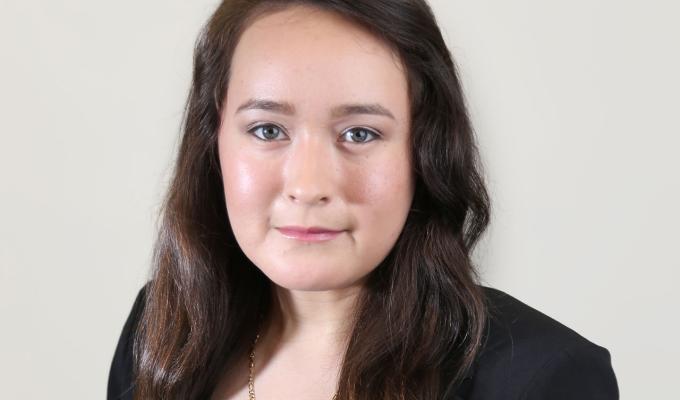
Graduate students
Four Ph.D. students awarded ARCS Foundation scholarships
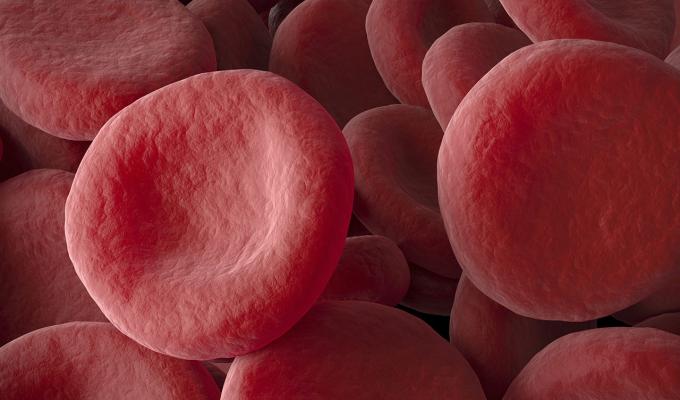
Biomedical Science

